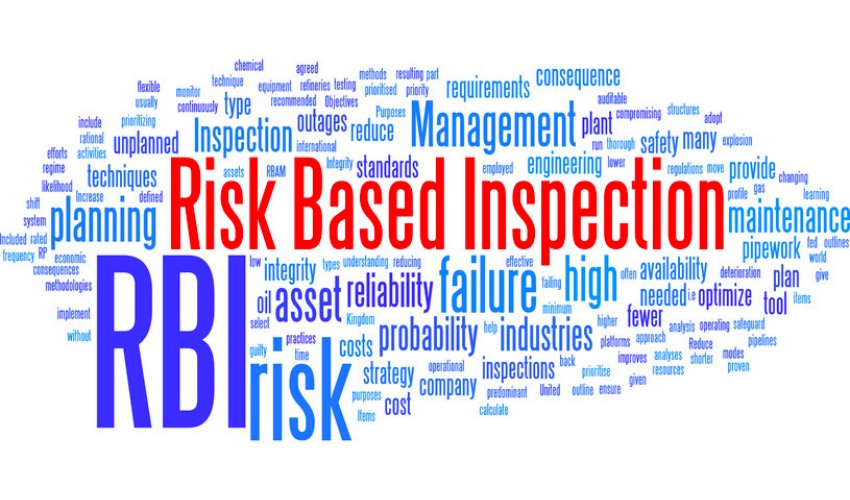Value Added Services(Risk Inspection) Policy
What is Risk Management?
There is an increased realization across the spectrum for individuals and businesses on how unlikely scenarios can play out causing unprecedented disruption. These risks stem from a variety of sources including nature of operations, technology issues, strategic management errors, accidents and natural disasters and can have crippling effect on the business due to financial uncertainties, legal liabilities, etc. Risk management is a systematic approach to identify, assess and mitigate these risks.
Why Value-Added Services?
we have always believed that it is important to go beyond insurance and partner out clients in their risk management efforts. As an insurer, we need to work hand in hand with customers to develop best in class risk management and mitigation practices. Understanding of risk is fundamental to our business. Today, we have made it a key component of our decision-making process and identified ways to view the risk landscape qualitatively and quantitatively. We created a risk management cell that focuses on technical engagement with clients
Value-Added Services in the context of insurance, specifically Risk Inspection, refer to additional services provided by insurance companies to assess and mitigate risks associated with insuring a particular property or business. These services go beyond the basic insurance coverage and aim to enhance the overall risk management process for the insurer and the insured.
Risk Inspection, as a value-added service, typically involves the following components:
Property Assessment: Insurance companies conduct thorough inspections of properties to assess various risk factors such as structural integrity, fire hazards, security measures, and potential liabilities. This helps insurers determine appropriate coverage levels and premiums for property insurance policies.
Loss Control Recommendations: Based on the inspection findings, insurers may provide recommendations and guidance on implementing loss control measures to minimize the likelihood of accidents, damages, or losses. This could include suggestions for improving safety protocols, installing security systems, or addressing maintenance issues.
Risk Mitigation Strategies: Insurance companies may offer tailored risk mitigation strategies to help businesses identify and mitigate potential risks in their operations. This could involve developing contingency plans, implementing risk management best practices, or providing training programs for employees.
Regulatory Compliance Assistance: Insurers may assist businesses in understanding and complying with relevant regulations and safety standards applicable to their industry or geographic location. This ensures that businesses remain compliant with legal requirements and reduce the risk of regulatory penalties.
Loss Prevention Training: Some insurance companies offer loss prevention training programs for businesses and their employees to raise awareness about potential risks and educate them on best practices for risk management and safety.
Customized Risk Reports: Insurers may provide customized risk reports summarizing the findings of the inspection and outlining recommendations for risk mitigation. These reports help businesses understand their risk exposure and take proactive measures to protect their assets.
Overall, Risk Inspection as a value-added service helps insurance companies and policyholders proactively identify, assess, and mitigate risks, ultimately reducing the likelihood of losses and claims. By offering these services, insurers demonstrate their commitment to supporting the risk management efforts of their clients and promoting a culture of safety and resilience.
Insurance Benifits
- Large number of insurance policies
- Cover for Critical Situations
- Experience & qualified Staff
- Team of Experts Staff

What is International Business Insurance? International business insurance provides coverage that addresses the exposures and risks associated with conducting business outside the country. With a basic policy, companies can have general liability, auto and workers' compensation coverage.
What Does International Insurance Mean? International insurance provides coverage for people who are traveling internationally. It can be especially important for people who are traveling for a significant period of time.
What is International Business Insurance? International business insurance provides coverage that addresses the exposures and risks associated with conducting business outside the country. With a basic policy, companies can have general liability, auto and workers' compensation coverage.
There are many different international health insurance companies with various plans to choose from, but they are not all the same. Some provide benefits and add-ons that others do not, and some have a larger coverage area and countries included in their policies.

